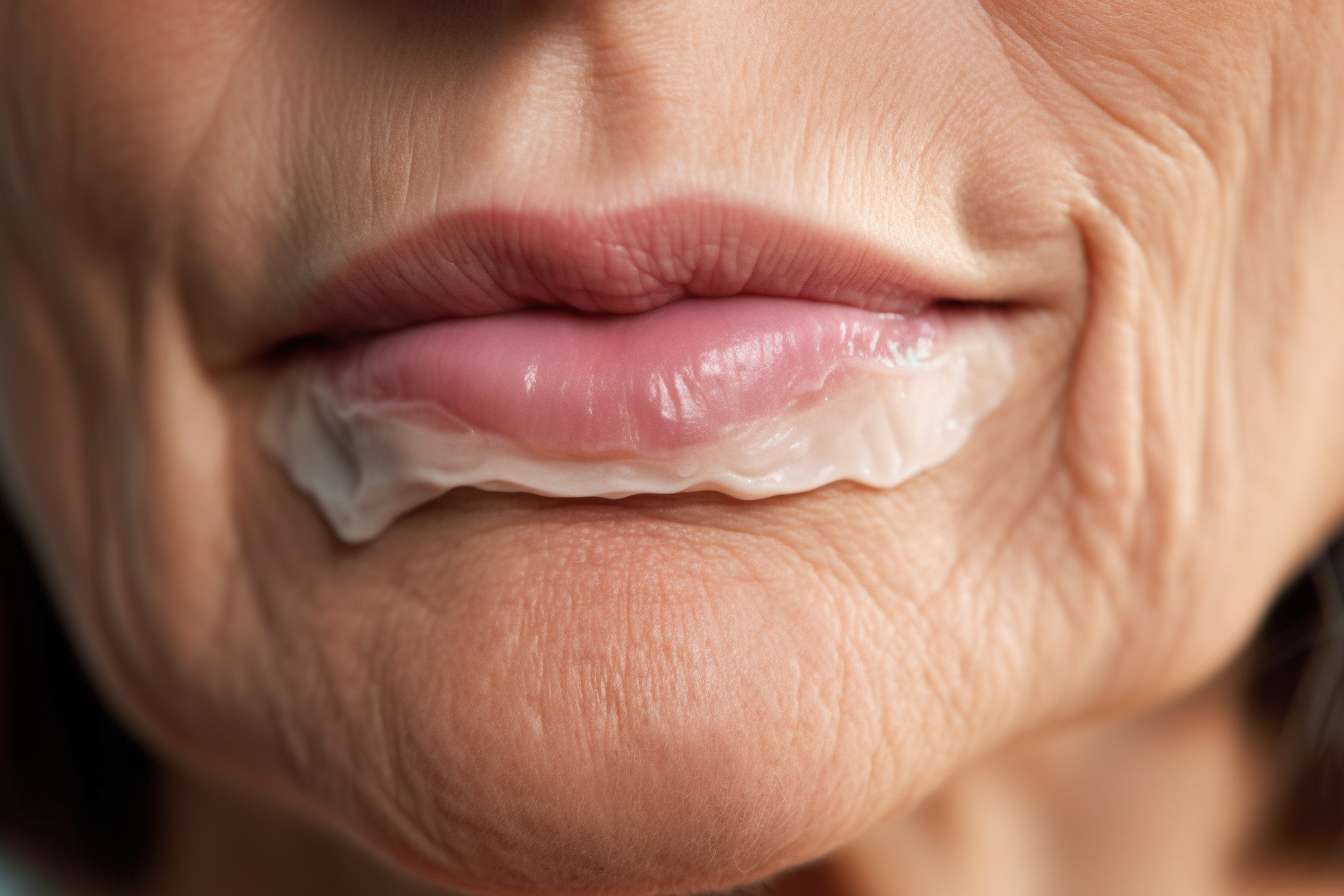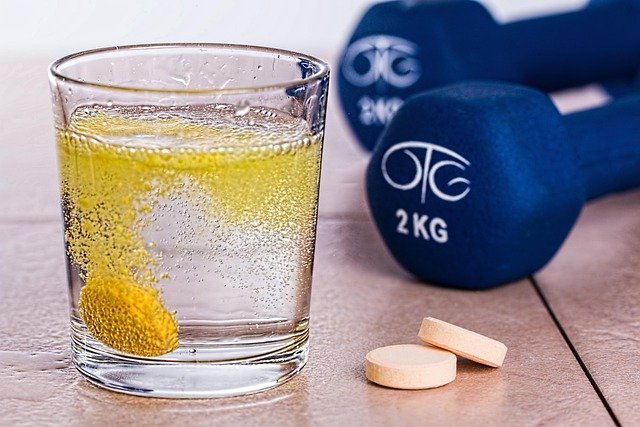Nutrition and Skin Health: How Diet Supports Skin Renewal
Discover how everyday food choices support skin renewal and overall skin health. This brief overview highlights how nutrients, hydration, and eating patterns influence the skin’s repair processes and appearance. Learn which dietary components support barrier function, collagen production, and protection against environmental stressors.

Skin renewal is an ongoing process that depends on internal and external factors. Diet provides the raw materials cells use to repair the epidermis, maintain the barrier, and support collagen and elastin synthesis. Over time, consistent nutrition and hydration patterns influence complexion, healing speed, and how the skin responds to topical treatments such as cleanser, moisturizer, serums, acids, and sunscreen. Understanding the link between what you eat and how your skin renews helps create complementary routines that support long-term skin health.
This article is for informational purposes only and should not be considered medical advice. Please consult a qualified healthcare professional for personalized guidance and treatment.
How does nutrition affect the barrier and complexion?
The skin barrier relies on structural lipids, proteins, and hydration to function. Dietary fats—especially essential fatty acids like omega-3s—contribute to membrane fluidity and barrier integrity. Protein and amino acids support keratinocyte turnover and the structural framework that determines texture and tone. Micronutrients such as zinc and vitamin A influence cell differentiation and sebum production, which can affect complexion and the skin’s resilience to irritants. A balanced diet with adequate protein, healthy fats, and varied produce supports steady renewal and an even-looking surface.
How does hydration interact with topical oils and moisturizers?
Systemic hydration and topical oils both play roles but act differently. Drinking sufficient fluids helps maintain blood flow and nutrient delivery to the dermis, which indirectly supports surface hydration. Topical moisturizers and oils reduce transepidermal water loss and protect the barrier directly. Combining good internal hydration with appropriate moisturizers can improve skin plumpness and reduce flaking, while oils can help lock in moisture. Match topical choices to skin type—lighter formulations for oil-prone skin, richer creams or occlusives for dry skin—to support renewal and comfort.
Which antioxidants and nutrients protect renewing skin?
Antioxidants such as vitamins C and E, polyphenols from fruits and vegetables, and carotenoids help neutralize reactive oxygen species generated by UV exposure and metabolism. Vitamin C is also essential for collagen synthesis, a foundation of structural renewal. Minerals like selenium and zinc support enzymatic defenses and repair mechanisms. Including a variety of colorful vegetables, citrus, nuts, and whole grains provides a spectrum of antioxidant and cofactor nutrients that help newly formed cells survive and function effectively.
How do peptides, retinol, and acids relate to diet and repair?
Topical actives—peptides, retinol, exfoliating acids, and certain serums—modulate renewal by signaling cells, increasing collagen production, or accelerating surface turnover. Diet does not replace these targeted treatments but supplies the substrates needed for their effects. For example, retinol stimulates collagen synthesis, which requires amino acids and vitamin C to produce stable collagen fibrils. Regular nutrient intake ensures the skin has building blocks to respond to and benefit from topical interventions.
What role do cleanser and exfoliation choices play with nutrition?
Cleanser and exfoliation influence how nutrients and topical products are retained or lost at the surface. Overly aggressive cleansing or frequent mechanical exfoliation can impair the barrier, increase water loss, and trigger inflammation that interferes with repair. When dietary patterns support anti-inflammatory balance—through omega-3s, fiber, and antioxidants—the skin is better equipped to recover from routine exfoliation. Pair gentle cleansing and measured exfoliation with nutrition that limits inflammatory triggers like excessive refined sugars.
Practical nutrition tips for supporting skin renewal
Emphasize whole foods: lean proteins, fatty fish, nuts, seeds, colorful fruits and vegetables, and whole grains supply amino acids, essential fats, and antioxidants. Ensure adequate vitamin C and zinc for collagen formation and repair. Include sources of healthy fats such as oily fish, flaxseed, and avocado to support barrier lipids. Maintain steady hydration and moderate intake of alcohol and high-sugar foods that can promote inflammation. A consistent, varied dietary pattern complements topical care—including sunscreen, moisturizer, and appropriate actives—to support ongoing renewal.
Conclusion
Dietary choices influence the cellular machinery that underpins skin renewal, from structural proteins and barrier lipids to antioxidant defenses. Combining nutrient-rich eating patterns with appropriate topical routines—sunscreen during sun exposure and moisturizers or serums suited to skin type—helps preserve barrier function and promote a healthier complexion. For individualized recommendations, consult a healthcare or nutrition professional.






